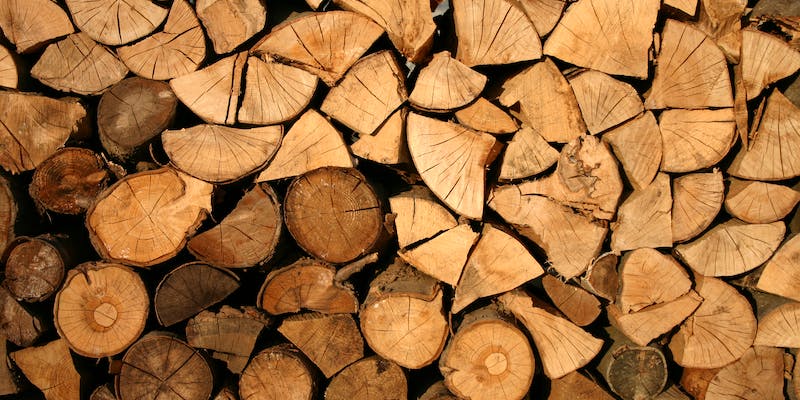In an era where sustainability and reducing carbon footprints are becoming increasingly important, Vertiv, a leading manufacturer of turnkey digital infrastructure solutions, has unveiled a groundbreaking data center concept. Named TimberMod, this innovative solution aims to help organizations achieve their sustainability goals by incorporating timber as a key structural component. By combining eco-friendly materials with cutting-edge technology, Vertiv is revolutionizing the data center industry.
TimberMod: Addressing Sustainability Objectives
TimberMod is Vertiv’s answer to the growing demand for sustainable data center solutions. Designed as a construction option for Vertiv’s Power Module and SmartMod range of prefabricated modular data centers, TimberMod offers a unique approach to reducing carbon footprints. By utilizing timber as a primary structural component, these data centers will not only meet applicable structural requirements but also provide robust performance in the face of seismic activity, wind forces, and other structural demands.
TimberMod’s Eco-Friendly Features
The TimberMod concept brings several eco-friendly features to the table. By using timber as the main building material, Vertiv ensures that the construction process has a significantly lower environmental impact compared to traditional data centers. Additionally, timber is a renewable resource, which aligns with sustainable development practices. The eco-friendly benefits of TimberMod extend to its ability to blend seamlessly with other architectural designs and accommodate specific customer requirements, making it a versatile and environmentally conscious solution.
Case Study: EcoDataCenter’s Sustainable Data Center
While the idea of wooden data centers may seem radical, Vertiv is not the first company to explore this concept. In 2019, EcoDataCenter, a renowned colocation provider, opened EcoDataCenter 1 in Falun, Sweden – a groundbreaking sustainable data center constructed primarily from wood. The success of EcoDataCenter demonstrates the potential and viability of timber as a structural element in data center construction, further bolstering Vertiv’s confidence in TimberMod.
Timber Data Centers and Carbon Emissions
With the construction industry being responsible for a significant portion of global carbon emissions, exploring sustainable alternatives becomes crucial. Cement production, in particular, contributes around 8% of these emissions. This is where timber buildings sourced from sustainably harvested wood play a crucial role. With their lower carbon footprint and carbon sequestration capabilities, timber data centers have the potential to reshape the future of data center design.
Fire-Resistant Capabilities of Timber Data Centers
One common concern when it comes to wooden structures is their fire-resistant capabilities. However, Vertiv’s TimberMod addresses this by integrating fire-resistant features into the design. These measures ensure the safety and security of the data centers, mitigating potential risks associated with fire hazards. Vertiv architect Pticek emphasizes that TimberMod data centers meet stringent fire safety standards and reinforce the robustness of the concept.
TimberMod: A Solution for Meeting Sustainability Targets
As the European Commission strives to develop a comprehensive roadmap for reducing the carbon footprint of the building sector by 2050, TimberMod emerges as a promising solution for the data center industry. By embracing TimberMod, data center operators can align their sustainability targets with the larger industry goals. By constructing data centers with timber, companies can significantly reduce their environmental impact and contribute positively to a greener future.
Accessibility and Potential Impact of Timber Data Centers
Traditionally, timber data centers were considered niche due to limited accessibility and higher costs. However, with a major prefabricated modular data center vendor offering data center building blocks or even entire data center buildings made with timber, the accessibility and affordability of timber data centers have significantly improved. Additionally, embracing TimberMod can reduce a data center building’s carbon footprint by two-thirds, making it an increasingly attractive choice for organizations striving for sustainability.
Vertiv’s TimberMod represents a major leap forward in sustainable data center design. By incorporating timber as a key component, Vertiv addresses the urgent need for eco-friendly solutions in the industry. With the potential to reduce carbon footprints, meet sustainability objectives, and mitigate environmental impact, TimberMod is a game-changer. It is time for the data center industry to open its mind and embrace this revolutionary solution, transforming the sector and contributing to a greener future. As the world moves towards a more sustainable future, the importance of incorporating eco-friendly materials and practices into data center design cannot be overstated.

